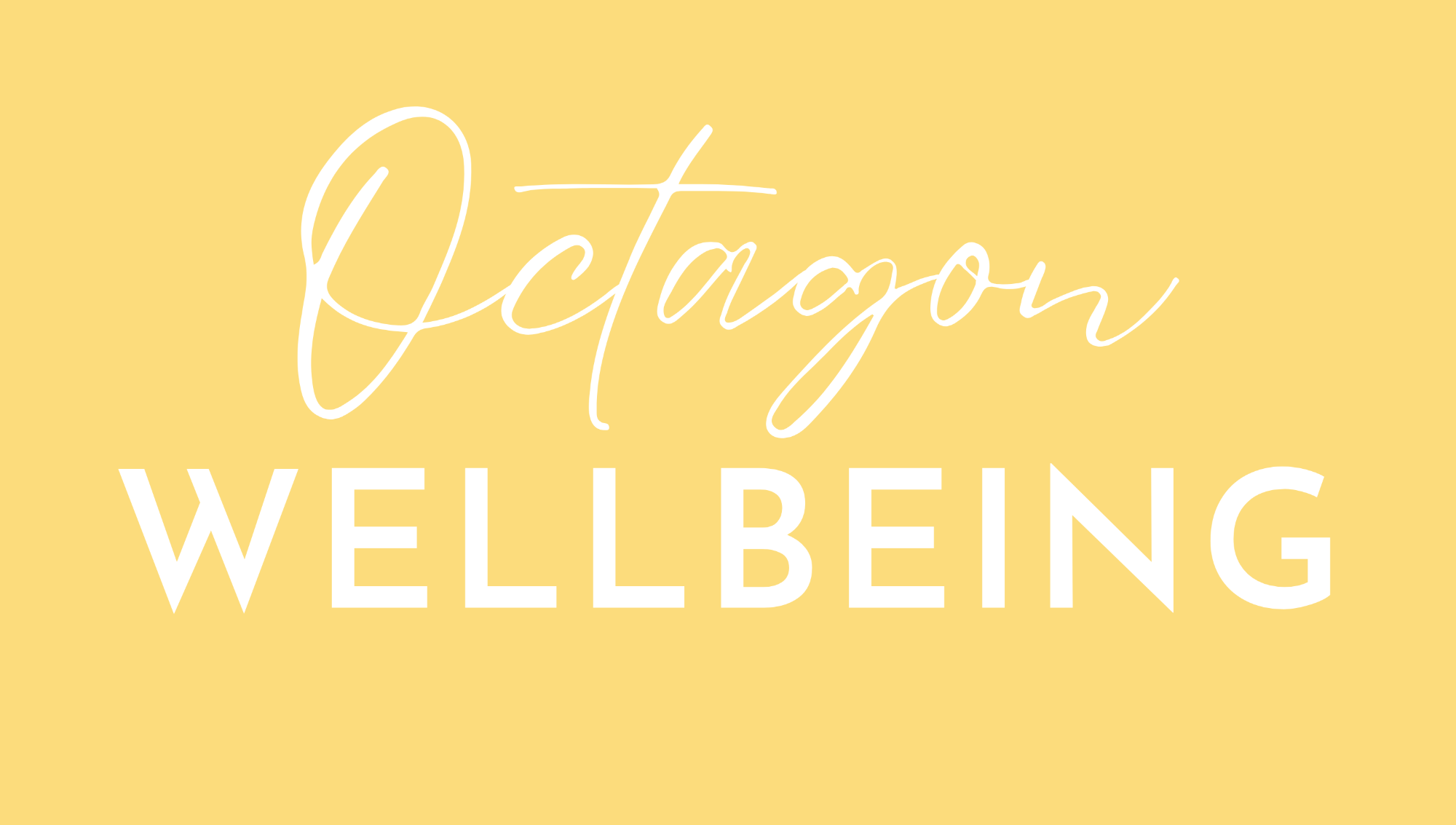Can anyone benefit from hypnotherapy?
Posted on
Can anyone benefit from hypnotherapy?

If you're looking for a way to positively influence your mental health without medication then hypnotherapy may well be for you. Hypnotherapy is a technique that uses hypnosis to induce a state of relaxation and concentration. This allows people to make changes in their thoughts, emotions, and behaviors particularly using the cognitive behavioural approach I use with all of my Octagon Wellbeing clients. Hypnotherapy can be incredibly positive for a range of issues including: anxiety, stress, insomnia, low self-esteem, fears and phobias, weight loss, overcoming bad habits, and more.
Hypnotherapy is very safe and carries few risks however there are some people who may not be best suited to hypnotherapy and these are called "common contraindications". For hypnotherapy this includes people with severe psychiatric disorders, epilepsy or people under the influence of drugs or alcohol. It’s also important to recognise that like all therapy, hypnotherapy isn’t all powerful and your therapy goals may need to be considered to ensure hypnotherapy is the right option for you.
What are therapy goals?
When you start any type of therapy it’s common for your therapist to want to know what you want to achieve. This can help make therapy sessions more purposeful for you as the client and help your therapist support you to achieve that goal.
Are all goals appropriate?
Not all goals will be appropriate or possible through therapy and some goals may be more suited to different types of therapy. For example, if you’re looking for hypnotherapy to help you secure a very specific job this would be an example of a potentially unsuitable goal. Job interviews involve a huge variety of factors and while therapy can support you through the interview process, your therapist cannot guarantee you’ll secure a particular job. However, if you’re looking to improve your confidence and resilience during the interview process in general then hypnotherapy would absolutely be of benefit to you and there are lots of things you can work on with your therapist that would not only benefit your through job applications but to enhance your professional life in general.
Likewise hypnotherapy is incredibly useful for people dealing with chronic pain looking for non-medicated pain management strategies. However, in this case it is important that you’re first seen a medical professional to confirm hypnotherapy would be appropriate. This is because physical pain often indicates underlying physical problems. Enabling you to manage pain without understanding the cause could be detrimental to your overall health by enabling you to manage or ignore symptoms which require timely medical intervention or physical rest. However, once you’ve gained medical permission though hypnotherapy can be an incredibly useful tool in pain management.
Everything I do is evidence based and ethically minded. Therefore if you’re looking for hypnotherapy for memory retrieval this would beyond the scope of hypnotherapy. Memories are never exact records of events and can be distorted by numerous factors. Given the significant role imagination plays in hypnotherapy how do we determine where accurate memories stop and imagination begins? Working ethically and with your wellbeing in mind is at the forefront of my work, therefore goals associated with memory retrieval are not something I work on with clients.
Other considerations
Like any form of therapyit’s important for you to be open to exploring new ideas and perspectives which can be challenging. Fortunately, my role as a therapist is to guide you through the process. So provided you can bring an open mind to our sessions I would love to support you to make positive change to your life.

